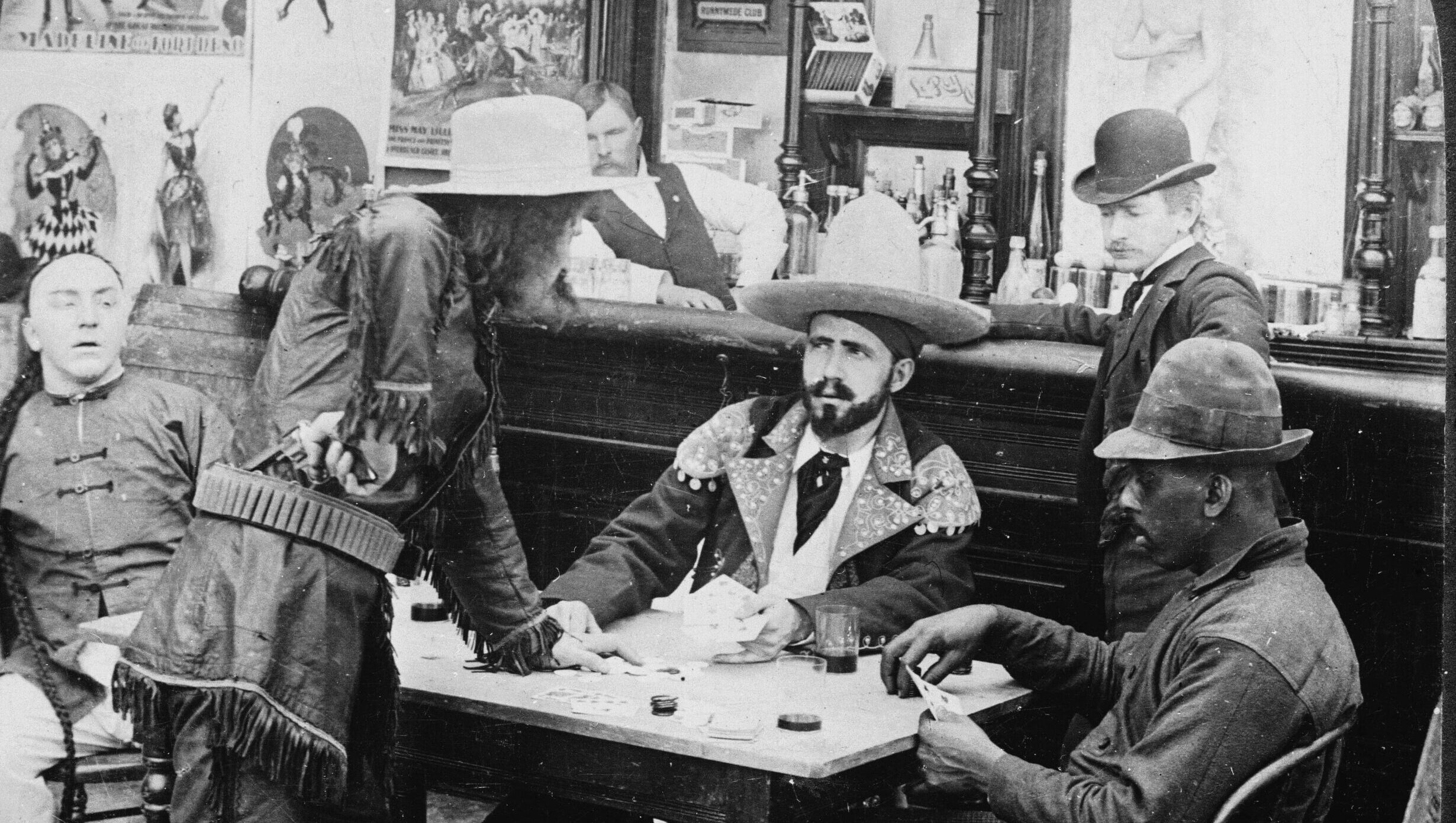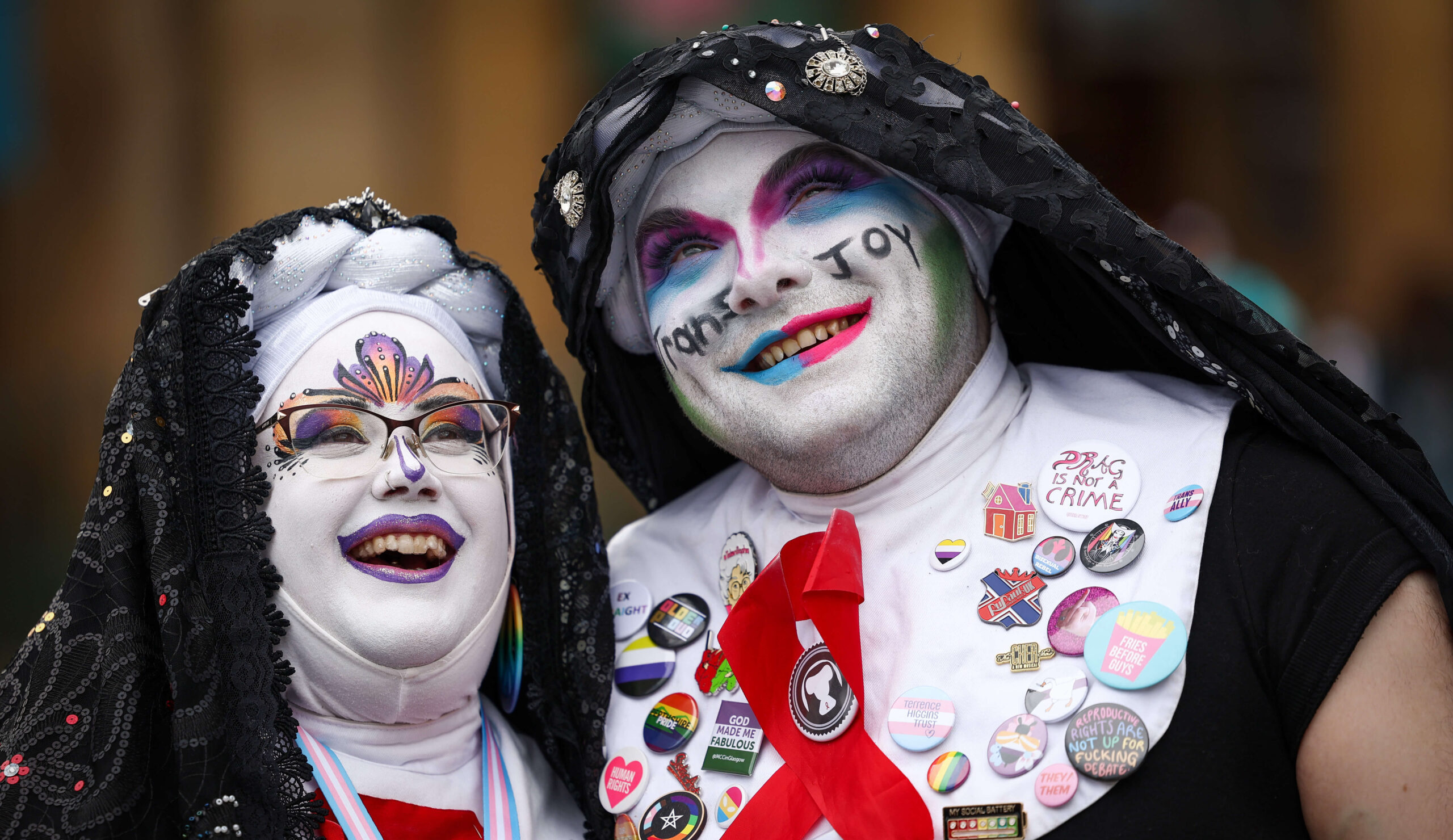One was polite, considerate of others;
such were the principles of the well-bred.
Bad manners were the worst offense—
so Edith Newbold Jones was taught from the first.
But with hands and feet large as a laborer’s,
hair red as an Irish servant-girl’s,
skin pasty and pimply as any street urchin’s,
and lips thin, pinched, and unpromising,
she was inconsiderate enough
to be homely in her handsome family,
not to keep up, as it were,
with her fellow Joneses.
And she was taught thoroughly to know that, too,
most of all by her beautiful well-bred mother.
Caught, as she recalled,
in a “perpetual cross-fire of criticism,”
she told her aunt she dreamed of becoming
the “best-dressed woman in New York.”
But, watching her fashionable mother
smile vacuously into the dressmaker’s mirror,
she turned quickly to other dreams,
ones of her own devising.
Thus, she took to “making up,”
as she called it—
not with lipstick, rouge, or powder,
but with pencil on paper—
scribbling stories, many of them,
none about unhappy, homely little girls.
Mother, though, refusing to indulge bad habits,
allowed her no stationery,
which, after all, cost money
that might be spent on clothes—
so Edith wrote on large sheets
of used wrapping paper,
spread wide on the floor,
put, she hoped, to better use
than when it held Mother’s purchases.
Her parents, she later wrote,
began to regard her with fear,
seeing a pale predestined child,
her unsettled mind,
given to obscure departures
and erratic returns,
overeager to share
the dubious fruits of her journeys,
the ill-conceived creatures
of her “making-up.”
On maternal principle, then,
as much as good taste,
her beautiful mother observed disdainfully
one’s drawing room is always tidy,
when the bothersome girl
wrote of one whose drawing room wasn’t.
She showed her mother no more stories.
And, later on, the predestined child
conceived of lives far less tidy
than drawing rooms,
of offences worse than bad manners
or even than homeliness.
Her Lily Bart, lovely as any mother might wish,
dead in an untidy rented room,
a faded flower, tossed aside by fashion;
her Newland Archer, forlorn and loveless,
plodding the daily round of duty,
just as his social station would have it;
her Ethan Frome, hag-ridden
by both wife and lover,
by fate itself, it seemed,
caught in a crossfire of criticism,
in the coldest and grayest of wastelands.
Life, thin, pinched, and unpromising,
was lived out in her pages.
No other outcome imaginable
to the child with a laborer’s hands
who built a career on “making up.”
As her mother might have said,
“breeding tells.”














